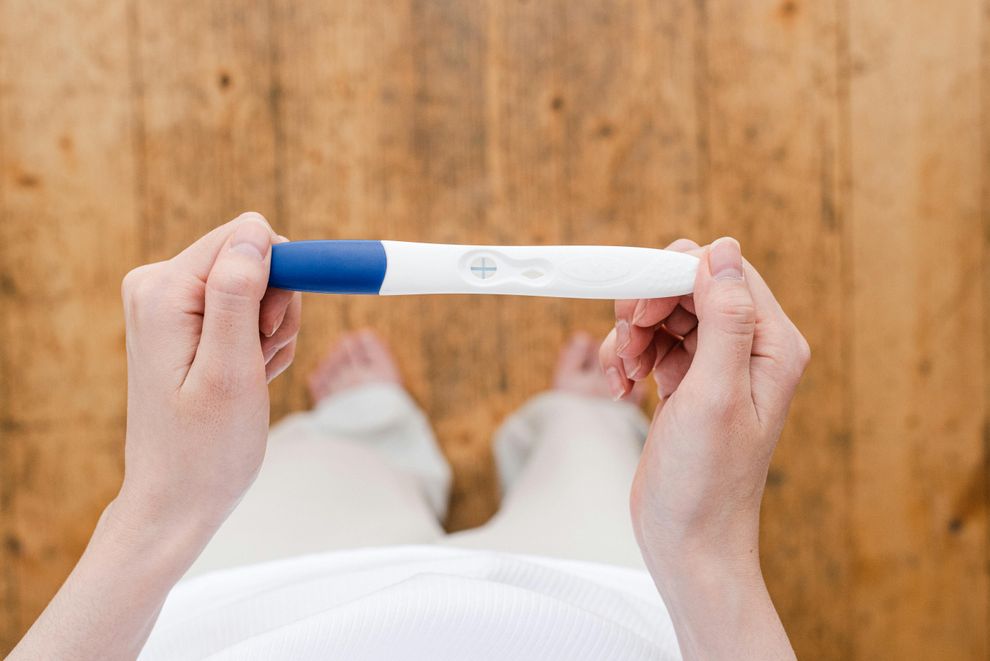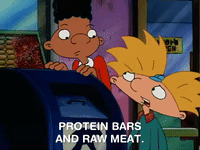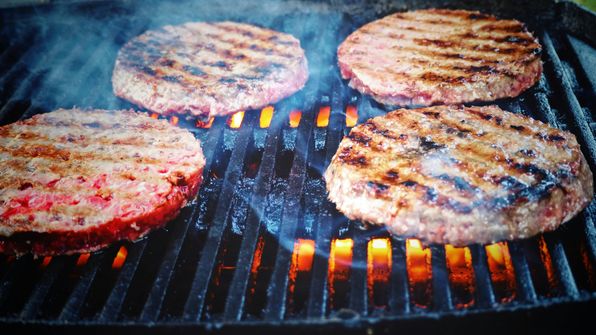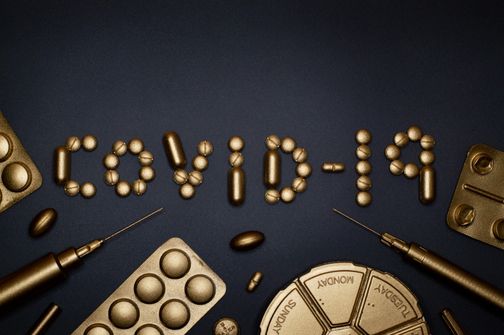
Social Success on the Carnivore Diet: Tips for Staying Committed at Gatherings and Restaurants
Social gatherings often mean a spread of carb-heavy foods and tempting desserts that can make sticking to the carnivore diet feel tricky. But with a b...

The carnivore diet has become increasingly popular, but like any extreme dietary approach, it raises important questions—especially for women concerned about their fertility and reproductive health. This diet, which emphasizes animal-based foods and eliminates nearly all plant-based items, has a range of potential effects on hormone regulation, nutrient intake, and overall reproductive health. So, how does the carnivore diet influence fertility in women?
Let’s take a closer look at both the potential benefits and considerations.

One of the touted benefits of the carnivore diet is that it focuses on nutrient-dense foods, particularly animal proteins. These foods are packed with important vitamins and minerals that play a critical role in fertility and reproductive health.
Research Insight: Studies published in The Advances of Nutrition show that diets rich in high-quality protein and healthy fats may support hormonal balance, a key factor in improving reproductive outcomes. Women who consume adequate fats from sources like grass-fed beef and fatty fish (also allowed on the carnivore diet) may see improvements in hormonal regularity and menstrual health.
The carnivore diet eliminates sugar, processed carbs, and grains—all of which can impact insulin levels. Because insulin plays a crucial role in hormone regulation, particularly for women with conditions like polycystic ovary syndrome (PCOS), adopting a lower-carb or carnivore approach may support ovulation.
Insulin resistance, which is common in women with PCOS, can lead to irregular cycles or even a lack of ovulation. By eliminating carbohydrates, the carnivore diet reduces insulin spikes, which can help balance hormones like testosterone and estrogen. This could potentially promote more regular menstrual cycles and improve fertility outcomes.
Example: Women with PCOS, in particular, may benefit from the insulin-regulating effects of a carnivore diet. With more stable blood sugar levels, their bodies may begin to ovulate more regularly, improving their chances of conception.
For women struggling with weight management and fertility, the carnivore diet may help in shedding excess weight, particularly around the abdomen, which can improve reproductive health.
Excess body fat can contribute to hormonal imbalances that make conception difficult. Losing weight often leads to more regular periods and a higher likelihood of ovulation. The carnivore diet’s focus on satiating foods, like high-protein meat and fats, can help with weight loss by reducing cravings and promoting satiety, making it easier to maintain a caloric deficit.
Research Insight: A study published in Human Reproduction highlights that even modest weight loss (5-10% of body weight) can significantly improve fertility outcomes in women with PCOS and obesity.

While the carnivore diet has its potential benefits, it’s important to be mindful of the potential for nutrient deficiencies. Certain micronutrients crucial for reproductive health—such as folate and vitamin C—are commonly found in plant-based foods. These deficiencies could potentially impact a woman’s ability to conceive or maintain a healthy pregnancy.
To support fertility, women on the carnivore diet might need to consider supplementation, particularly for nutrients like folate, which is crucial for preventing neural tube defects in early pregnancy, and vitamin C, which supports immune health.
Example: Folate, found in leafy greens and legumes, plays a critical role in fetal development. Women trying to conceive may want to incorporate liver (rich in folate) or consider a supplement to ensure they’re getting adequate levels.
Some women on the carnivore diet report changes in their menstrual cycle or libido. Since the diet emphasizes high-fat foods, which support hormone production, some may see improvements in their sex drive and menstrual regularity. However, rapid weight loss or extreme caloric deficits can disrupt menstrual cycles.
For optimal reproductive health, it’s important not to severely restrict calories or overemphasize weight loss. Keeping a balanced approach to the carnivore diet—ensuring adequate intake of fats and calories—will help maintain regular cycles and support libido.
Example: Women who experience amenorrhea (lack of periods) may need to adjust their intake or consult a healthcare provider if they notice disruptions to their cycle after starting the carnivore diet.
Q: How can the carnivore diet support fertility in women?
A: The carnivore diet can support fertility by providing nutrient-dense foods rich in vitamins and minerals essential for reproductive health. Nutrients like zinc, iron, vitamin B12, and healthy fats found in animal-based foods are crucial for hormone regulation and ovulatory function, which are key to fertility.
Q: Does the carnivore diet help women with PCOS?
A: Yes, for some women with PCOS (Polycystic Ovary Syndrome), the carnivore diet’s focus on reducing carbohydrates and managing insulin levels can help improve hormonal balance, potentially leading to more regular menstrual cycles and improved ovulation.
Q: Can the carnivore diet lead to nutrient deficiencies that impact fertility?
A: While the carnivore diet provides many essential nutrients, it may lack folate, vitamin C, and other plant-based nutrients important for reproductive health. Women considering the carnivore diet for fertility should be mindful of potential nutrient deficiencies and may need to supplement certain vitamins.
Q: Does the carnivore diet affect menstrual cycles?
A: The carnivore diet can impact menstrual cycles, especially if there is rapid weight loss or calorie restriction. Some women may experience irregular periods or even amenorrhea (absence of periods) if the diet is not well-balanced in terms of calories and fats. Monitoring your cycle and adjusting dietary intake can help maintain menstrual health.
The information provided in this article is for general informational purposes only and does not constitute medical advice. The carnivore diet may have both positive and negative effects on fertility and reproductive health, depending on individual circumstances. It is important to consult with a healthcare provider or registered dietitian before making significant dietary changes, especially if you are trying to conceive or are concerned about reproductive health. Always seek professional guidance to ensure a balanced and nutrient-rich approach to your diet and overall health. Results may vary, and individual nutritional needs should be addressed on a case-by-case basis.
The carnivore diet offers several potential benefits for women’s fertility and reproductive health, including improved hormone regulation, weight loss, and a nutrient-rich focus on essential vitamins and minerals. However, it’s crucial to be mindful of potential nutrient deficiencies and ensure that the diet is balanced to support overall health.
Takeaway: The carnivore diet can be a powerful tool for improving reproductive health, especially for women with conditions like PCOS or insulin resistance. However, a balanced approach, possibly with supplementation, may be necessary to meet all your nutritional needs.
Embrace it: If you’re considering the carnivore diet for fertility, speak to a healthcare provider or a registered dietitian to ensure you’re making the best choices for your reproductive health.

Social gatherings often mean a spread of carb-heavy foods and tempting desserts that can make sticking to the carnivore diet feel tricky. But with a b...

The carnivore diet is often seen as straightforward: eat meat, keep it simple. But adapting it seasonally can bring freshness, variety, and local flav...

The carnivore diet has gained attention globally, but women’s experiences and cultural approaches to animal-based eating vary widely depending on wher...

Living with Chronic Obstructive Pulmonary Disease (COPD) can make everyday activities feel like a marathon, especially for women who are juggling heal...

recovering from COVID-19 can be a long journey, especially for women who may face lingering symptoms like fatigue, brain fog, and muscle weakness. Whi...